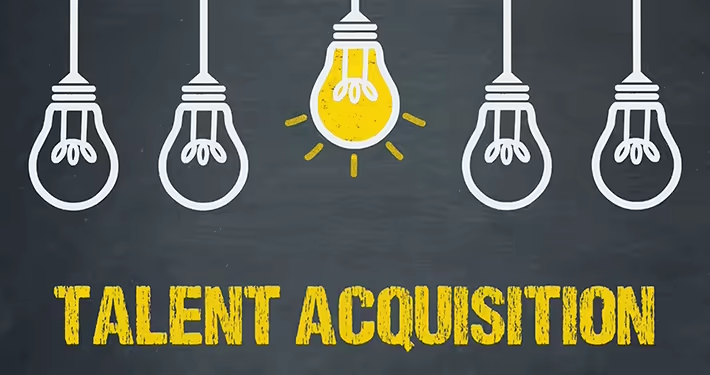In the ever-evolving world of business, securing the right candidates for the position has become a critical factor for a business’s success. Human Resources (HR) professionals are instrumental in this pursuit, employing a variety of strategies and tools to identify and attract individuals who align with the company's objectives. This blog delves into HR professionals' methods to discover and recruit top-tier talent.
Strategic Workforce Planning
Savvy HR professionals recognize the significance of strategic workforce planning, and tools available at occy.com, can be instrumental in aligning organizational goals with talent needs. By utilizing innovative solutions, they can efficiently pinpoint skill gaps, forecast future staffing requirements, analyze current skill sets, and devise a comprehensive plan to ensure the organization has the right employees in the best places to ensure that productivity is at its optimal levels and the business has the highest chance of success. HR professionals can use this comprehensive job description for Chief of Staff positions to guide recruitment for senior roles, ensuring that the organization fills key strategic positions with candidates aligned to its long-term goals.
Related: How Does Supply And Demand Affect Workforce Planning
Leveraging Technology and AI
In the digital age, HR professionals harness the power of technology and artificial intelligence (AI) to streamline the recruitment process. Applicant Tracking Systems (ATS) help organize candidate information, making it easier to identify suitable candidates. AI tools analyze resumes, assess candidate suitability, and even conduct initial interviews, saving valuable time and resources for HR teams.
Cultivating a Robust Employer Brand
An enticing employer brand serves as a magnetic force for top talent. HR professionals focus on enhancing and promoting their organization's image as an employer of choice. This involves showcasing a positive company culture, emphasizing employee benefits, and effectively communicating the organization's values. A compelling employer brand attracts top talent and contributes to employee retention.
Networking and Relationship Building
Networking remains a potent tool in the recruitment toolkit. HR professionals actively participate in industry events, and conferences, and engage with professionals on social media platforms to build a robust network. Establishing relationships with potential candidates, industry influencers, and fellow HR professionals allows them to tap into a talent pool when needed.
Related: What is Talent Strategy: Complete Guide
Embracing Diverse Recruitment Strategies
Acknowledging the importance of diversity and inclusion, HR professionals implement a variety of recruitment strategies. This involves actively seeking candidates from diverse backgrounds, ethnicities, genders, and experiences. A diverse workforce fosters innovation by bringing different perspectives and ideas, creating a more inclusive work environment.
Continuous Learning and Development
Top-tier talent is often drawn to organizations that prioritize employee growth and development. HR professionals play a pivotal role in designing and implementing learning and development programs. Investing in the workforce's skills and knowledge not only retains valuable employees but positions the company as an attractive employer in the eyes of potential candidates.
Conclusion
Securing the right talent requires a strategic blend of planning, technological innovation, and a commitment to cultivating a positive employer brand. HR professionals lead the charge in this mission, deploying a diverse range of tools and strategies to identify, attract, and retain top-tier talent. In an era of rapid change, adapting and employing innovative recruitment techniques is crucial for gaining a competitive edge in the pursuit of the right talent.



